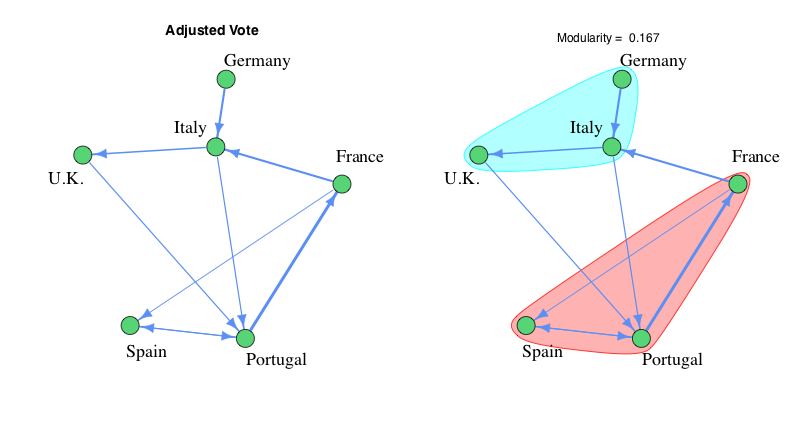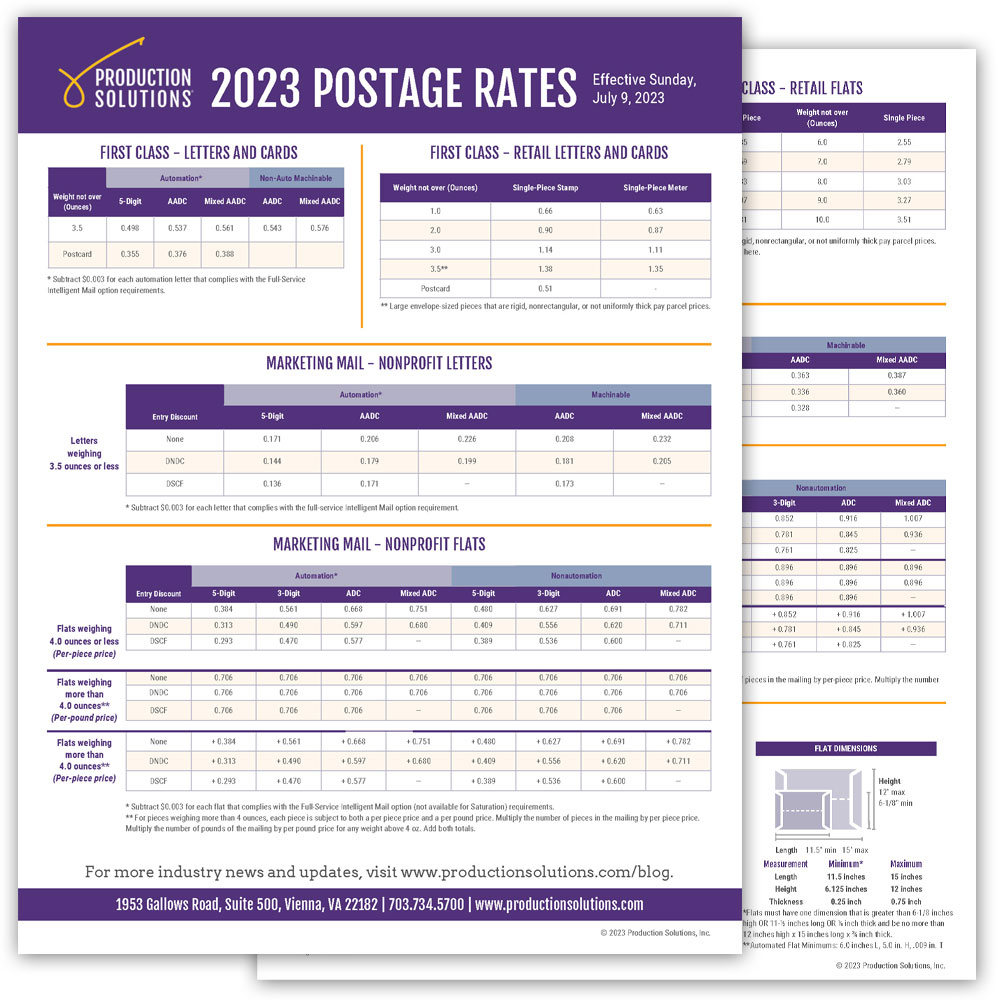A Simple Guide To Eurovision's Voting Procedures

Table of Contents
The Two Voting Systems: Jury and Televoting
The Eurovision Song Contest uses a dual voting system to ensure a fair and balanced result, combining professional judgment with public opinion. This system is designed to prevent a purely popularity-driven contest, offering a more nuanced reflection of the songs' merit. Let's break down these two key components:
-
Jury Voting: Each participating country has a professional jury composed of five music industry experts. These individuals are tasked with scoring each performance based on a range of criteria, including vocal performance, song composition, stage presence, and overall artistic merit. This element of Eurovision voting ensures a level of critical assessment, independent of public opinion swings. The use of a jury helps avoid a completely popularity-based Eurovision scoring system.
-
Televoting: This is where the public gets its say! Viewers in each participating country can vote for their favorite songs via telephone, SMS text message, or dedicated Eurovision apps. This method directly reflects the popularity and public appeal of each song. Televoting adds a crucial layer of democratic engagement to the Eurovision points system.
-
Weighting: Critically, both the jury voting and televoting scores are weighted equally. This 50/50 split ensures a balance between professional assessment and public preference in determining the final Eurovision results. This balance is a core feature of the Eurovision voting system, preventing either element from dominating the outcome.
How Points are Awarded
Understanding how points are awarded is key to grasping the Eurovision scoring system. Each country awards points from 1 to 12, along with points for places 10 through 1, to their top choices.
-
National Jury Allocation: National juries in each country independently award their points, ensuring diverse opinions aren't skewed by a single national preference. This independence contributes to the overall fairness of the Eurovision voting system.
-
Televote Point Allocation: The national televote results are tallied and translated into points, mirroring the public's preferences. This ensures that popular songs are fairly represented in the Eurovision points tally.
-
Live Point Announcement: The points awarded by each country are announced live by a spokesperson, building suspense and adding to the drama of the Eurovision results reveal. These announcements often include brief insights into the national selection processes, further enriching the viewing experience.
-
Spokesperson Insights: The spokesperson's comments offer a glimpse into each country's individual preferences, providing commentary and context to the announced Eurovision points.
Calculating the Final Results
The culmination of the Eurovision voting process lies in calculating the final results. This involves a straightforward summation of scores:
-
Combining Jury and Televote Scores: The individual jury scores and televote scores from each country are combined, creating a comprehensive score reflecting both professional opinion and public preference. This combined score forms the basis of the Eurovision results.
-
Displaying Country Scores: Each country's total score (the sum of jury and televote points) is displayed to the audience, allowing viewers to follow the progress of the competition. The visual display makes following the Eurovision scoring transparent and easy to understand.
-
Determining the Winner: The country with the highest total score accumulated from all participating countries is declared the winner of the Eurovision Song Contest. This simple yet effective system is central to the Eurovision voting procedure.
-
Tie-Breaker Rules: In the unlikely event of a tie, predetermined tie-breaker rules are employed, typically prioritizing the country with a higher televote score. The specific procedures are clarified in advance and ensure a fair resolution to any potential tie.
Understanding Potential for Controversy
Despite its robust design, the Eurovision voting system isn't without its potential for controversy. The complexities inherent in aggregating international opinions can occasionally lead to debate:
-
Bloc Voting: Neighboring countries sometimes exhibit voting patterns that might be interpreted as "bloc voting," where countries consistently give high scores to each other. This phenomenon, while not necessarily evidence of collusion, is a subject of ongoing discussion.
-
Political Influences: Political factors, though generally subtle, can sometimes influence voting patterns. This highlights the challenges of maintaining a purely artistic assessment when national pride and geopolitical considerations are involved.
-
System Transparency and Audits: To address concerns about bias, the Eurovision voting system undergoes regular audits and reviews to maintain transparency and fairness.
Conclusion
This guide has provided a clear overview of the Eurovision voting procedures. Understanding the dual system of jury voting and televoting, along with the point allocation and final result calculations, allows for a deeper appreciation of the complexities and excitement inherent in the Eurovision Song Contest. While the system isn't without its potential for debate, it strives to create a balance between critical acclaim and popular appeal. So, next time you watch Eurovision, you can follow the voting process with greater insight and understanding! Dive deeper into the intricacies of Eurovision voting by researching past results and analyzing voting patterns yourself. Learn more about the Eurovision scoring system and how it evolves each year. Become a true Eurovision expert and discuss the fascinating world of Eurovision points with other fans!

Featured Posts
-
 Kastoria Paradosiakes Eortes Toy Maioy Stis Topikes Enories
May 19, 2025
Kastoria Paradosiakes Eortes Toy Maioy Stis Topikes Enories
May 19, 2025 -
 El Choque De Posturas Analisis Del Enfrentamiento Entre Rixi Moncada Y Cossette Lopez
May 19, 2025
El Choque De Posturas Analisis Del Enfrentamiento Entre Rixi Moncada Y Cossette Lopez
May 19, 2025 -
 Settlement Reached Four Reasons For Fsu And Clemsons Success
May 19, 2025
Settlement Reached Four Reasons For Fsu And Clemsons Success
May 19, 2025 -
 Le Salami Au Chocolat Une Recette Francaise Facile A Faire
May 19, 2025
Le Salami Au Chocolat Une Recette Francaise Facile A Faire
May 19, 2025 -
 Postage Stamp Price Increase First Class Now 1 70
May 19, 2025
Postage Stamp Price Increase First Class Now 1 70
May 19, 2025
